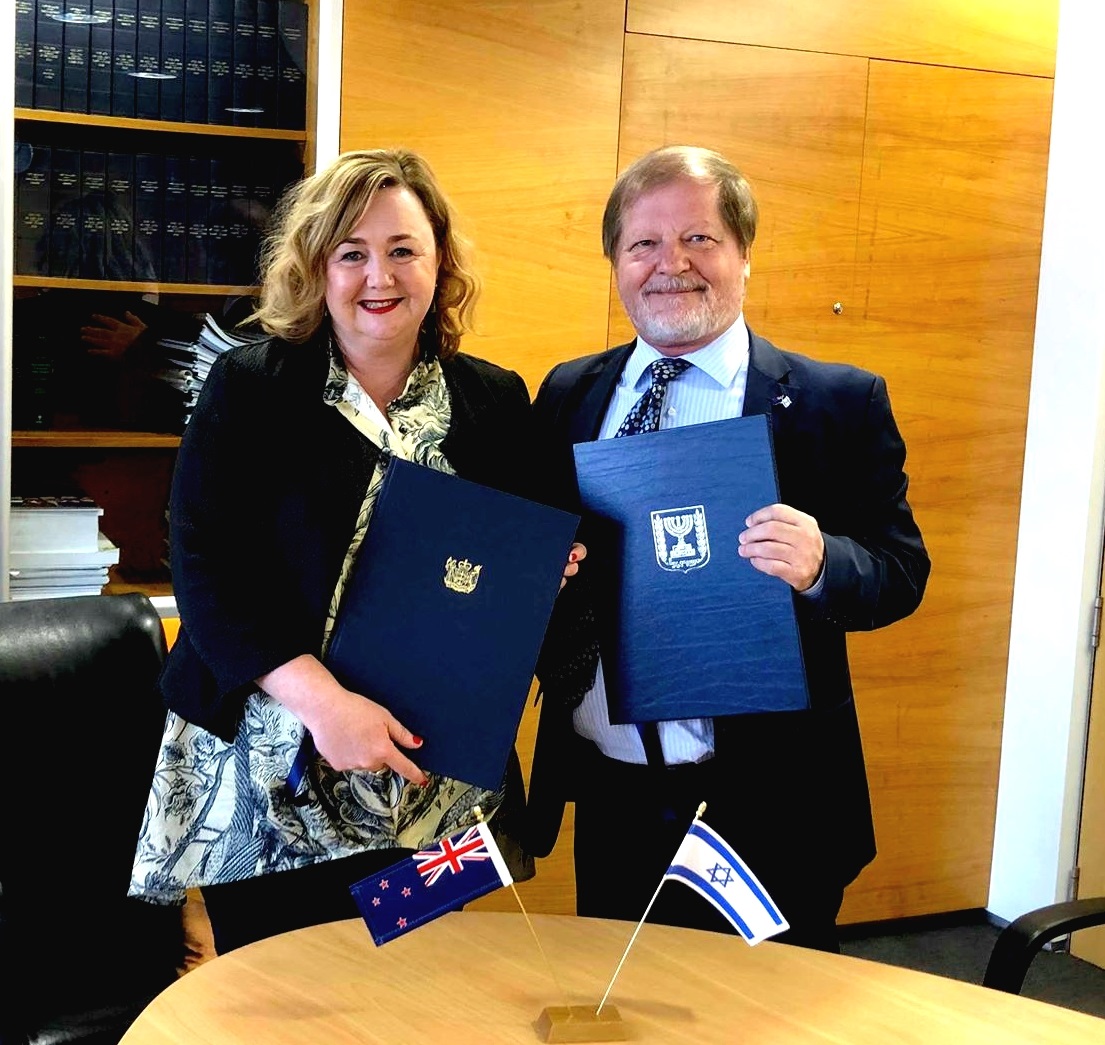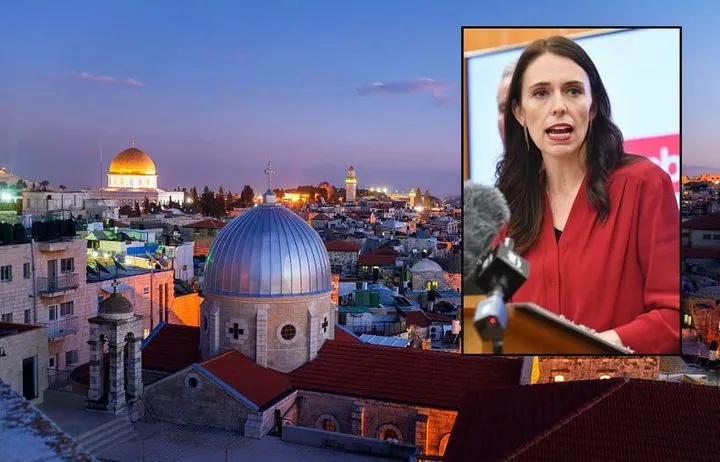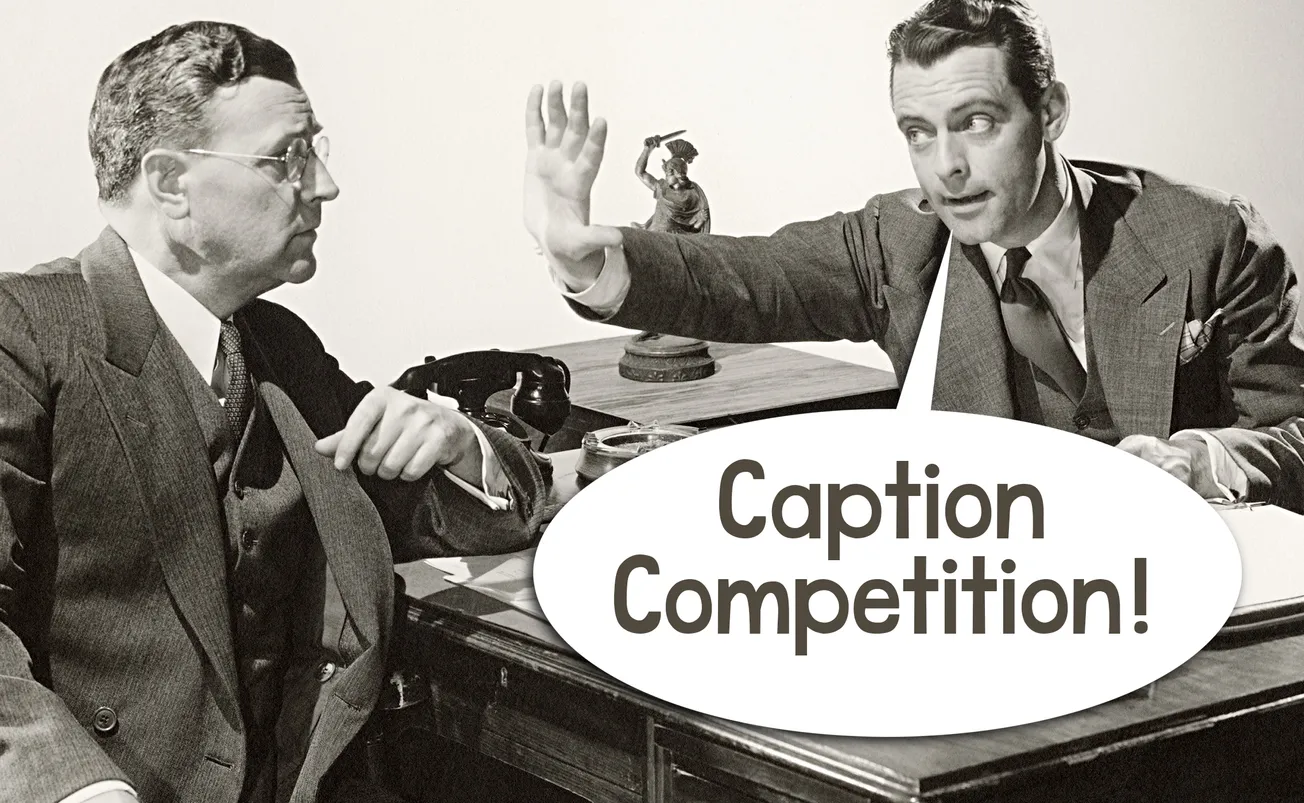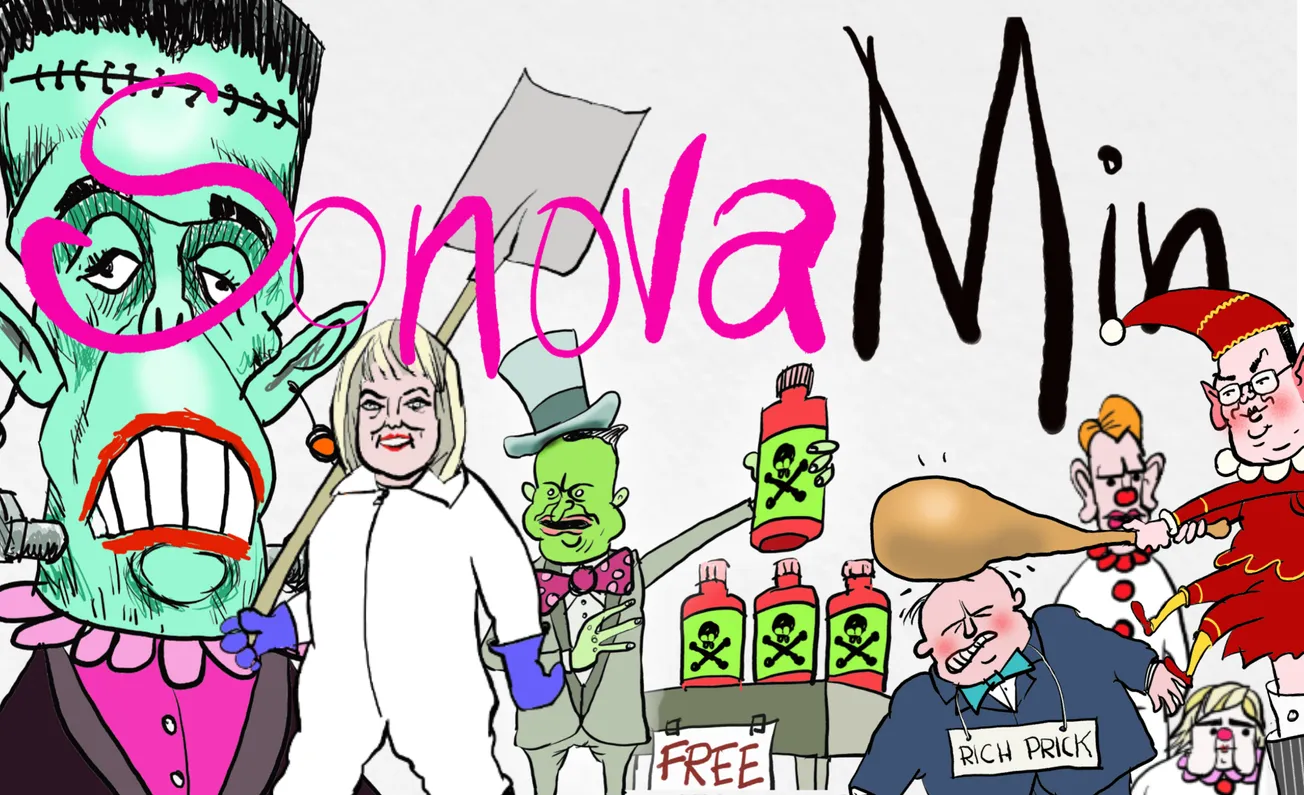Table of Contents
IINZ History
israelinstitute.nz
At the time of the 2017 election, New Zealand’s relationship with Israel was at an all time low, as a result of the actions of National’s Murray McCully who, in December 2016, put New Zealand forward as a co-sponsor of the anti-Israel UN resolution 2334, along with Senegal, Malaysia and Venezuela. The Israeli ambassador was recalled and the rift between our countries only ended after New Zealand PM Bill English sent a letter to Israeli PM Benjamin Netanyahu in June 2017 stating,
I regret the damage done to Israel-New Zealand relations as a result of New Zealand proposing Resolution 2344 at the Security Council.
We held hope, in our post-election outlook in 2017, that with NZ First as part of the coalition government an opportunity existed for New Zealand to ‘recalibrate its relations with Israel’. This was based on the fact that Winston Peters was the only MP to have pursued the issue of New Zealand’s sponsoring of UN Resolution 2334 in parliament. The perception that Peters supported Israel led a number of voters who were long time National supporters to change parties and vote for New Zealand First.
While Jacinda Ardern had spent time in Israel when she was president of the International Union of Socialist Youth, she had not at that point made any public comment on Israel. However, when she was asked directly whether she supported the actions of Murray McCully in co-sponsoring anti-Israel resolution 2334, she stated that her only concern was that there should have been ‘more of a process around it’. Ardern clearly implied support for McCully’s actions.
So how has the current government fared in its actions towards Israel?

The most positive development in the past three years at a governmental level was the signing of an agreement on Cooperation in Technological Innovation, Research and Development. This agreement – begun and largely negotiated by the previous Ministers – is expected to provide “opportunities for both countries’ knowledge intensive firms to share technologies and know-how, to improve commercialisation pathways for their products” and to “forge a partnership with Israel that will connect New Zealand firms with world-leading technologies”. This is indeed a welcome development and New Zealand stands to gain much from this opportunity.
However, a perusal of this government’s actions towards Israel suggests a problematic relationship to terrorism, when said terrorism is directed against the Jewish state. The Ardern government has repeatedly failed to condemn terrorism, financially supports a group closely associated with terrorism and has refused to designate Hezbollah a terrorist group. Its stance on Israel is all the more ironic and hypocritical in light of its response to the one recent act of terrorism on New Zealand soil.
In addition, the Government has continued the pattern of imbalance and bias in its voting record at the UN, in spite of the fact that it claims to have a ‘balanced approach’ to Israel. Finally, the actions of some government ministers and officials have raised further doubt over the government mantra about maintaining a ‘balanced’ and ‘even handed’ approach to Israel.
NZ’s relationship to terrorism – aiding and abetting
In May 2018 Hamas orchestrated a so-called “Great March of Return” in order to infiltrate Israel’s border en masse. The protests over the six week period saw crowds of over 35,000 congregating at the borders and included violents acts such as rolling burning tires towards the fence and using them as smoke screens, throwing Molotov cocktails at troops, launching grenades and incendiary devices over the fence, firing of weapons, pipe bombs and improvised explosive devices.
Hamas chairman, Ismail Haniyeh vowed:
“We shall never, never, never recognise Israel… …the resistance does not merely refuse to surrender its weapons, but is even developing them”.
Senior Hamas Official Mahmoud Al-Zahhar stated, “This is not peaceful resistance, it is supported by our weapons“.
Jacinda Ardern’s only public comment on the violence, directed at Israel, was a condemnation of the “one-sided loss of life” – the vast majority of whom were Hamas militants.
This disturbing trend continued. While leaders and representatives of many countries condemned ongoing Hamas terrorism and recognised Israel’s right to defend its borders, New Zealand’s ministers and representatives remained silent.
In March 2019, a review found that Palestinians had, in one year, launched 1,233 rockets from Gaza, hurled 94 explosive devices and 600 Molotov cocktails across the security fence and committed 152 acts of arson against Israeli forces, and still New Zealand failed to clearly condemn terrorism directed against Israel.
And in a demonstration of softness on terrorism, NZ failed to take the opportunity to ensure that Hamas’ terrorism was condemned at the UN. While it voted to condemn Hamas, it also abstained from the Kuwait-driven vote to impose the two-thirds majority hurdle. Hence the resolution failed to pass by only 3 votes. UN Watch’s Hillel Neuer, rightly pointed out that New Zealand’s ‘vile abstention’ ultimately ‘aided terror’.
In addition, IINZ has repeatedly urged the government to recognize the fact that there is no distinction between the ‘military and political wings’ of Hezbollah, the terror organisation supported by Iran. Currently, New Zealand has only designated the military wing as a terrorist entity, which allows a loophole for Kiwis to materially support global terror. The Israel Institute of New Zealand has pointed out in the past, that as New Zealand’s Prime Minister seeks to lead the world in the fight against terrorism, with initiatives like the Christchurch Call, there should be no argument that an organisation that promotes and engages in terrorism and sees its organisation as one indivisible unit, should be banned.
Sadly, a comparison of the government’s response to one act of terrorism on New Zealand soil, to its failure to condemn thousands of acts of terrorism against Israel, reeks of double standards and hypocrisy.
To be continued…
If you enjoyed this BFD article please consider sharing it with your friends.







